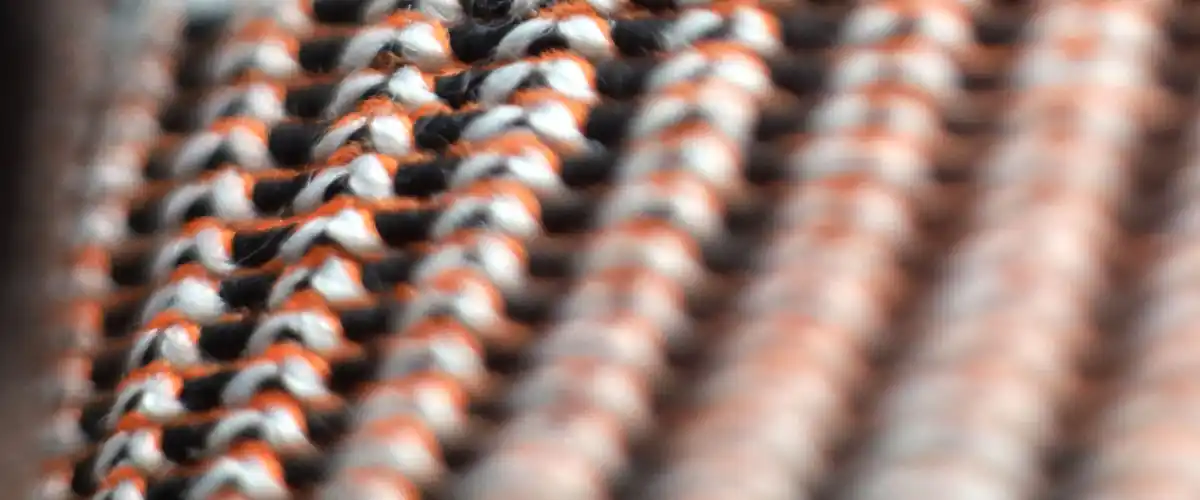
Understanding the seven different gauges of yarn can be difficult enough, choosing the correct pair for your needs makes it even more difficult.

You may have heard the term 18 gauge when talking about extra thin knitted gloves. Tactile sensitivity and 18 gauge are also mentioned more often together in modern knitted gloves. Let´s check what gauge really means so it becomes easier to understand in which situations they are best suited.
Simply put: the gauge refers to the number of stitches per inch. An inch is 25,4 mm in European measurements.
So, an 18 gauge glove has eighteen stitches per 25,4 mm. The lower the number, the thicker the yarn and the thicker the glove, the higher number the thinner the yarn and thinner the glove.
Because the yarn is thicker for lower gauge gloves, it´ll provide a higher level of protection and greater density. However, this is simply a general guideline and not a definite rule. What type of yarn the glove is sewn in plays a bigger part to what level of protection it provides rather than the numbered gauge. And it is somewhat true that low gauge gloves have less dexterity than high gauge gloves because of its thickness. But the development in palm coating gives thicker gloves a fair chance to compete against thinner gloves specialized for precise work.
These are simply general rules on how to choose your gauge and not definite rules on what knitted gloves are like. Remember to always check the requirements for your safety needs and ask us to make sure you have the right one.
Guide for choosing MetalMix gloves
Choosing the right glove - general guide